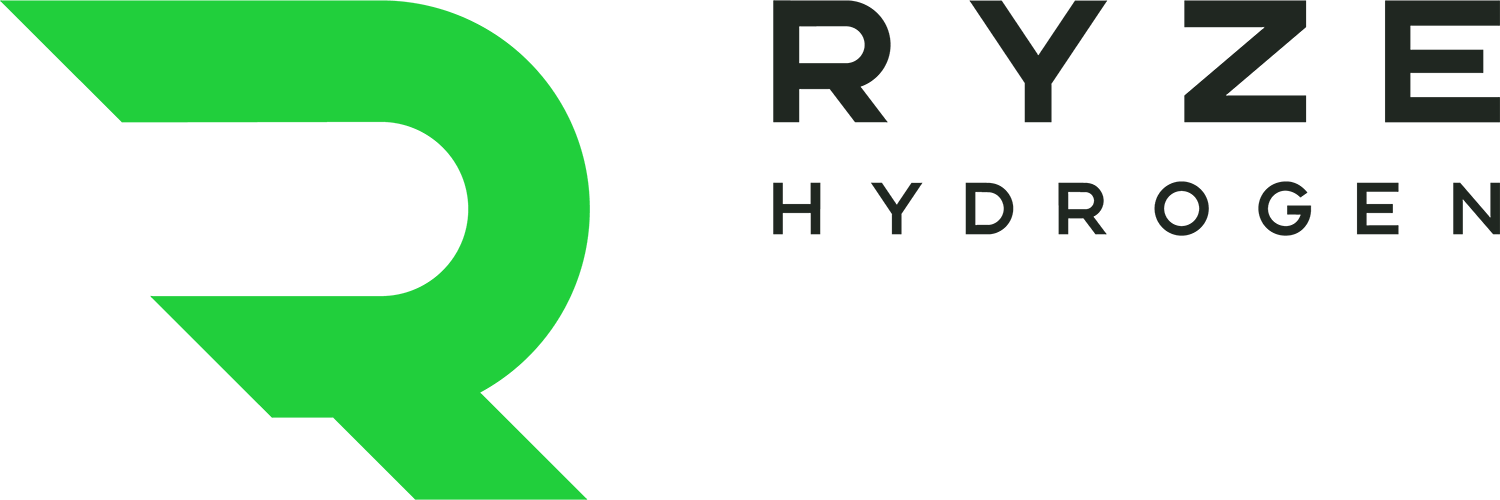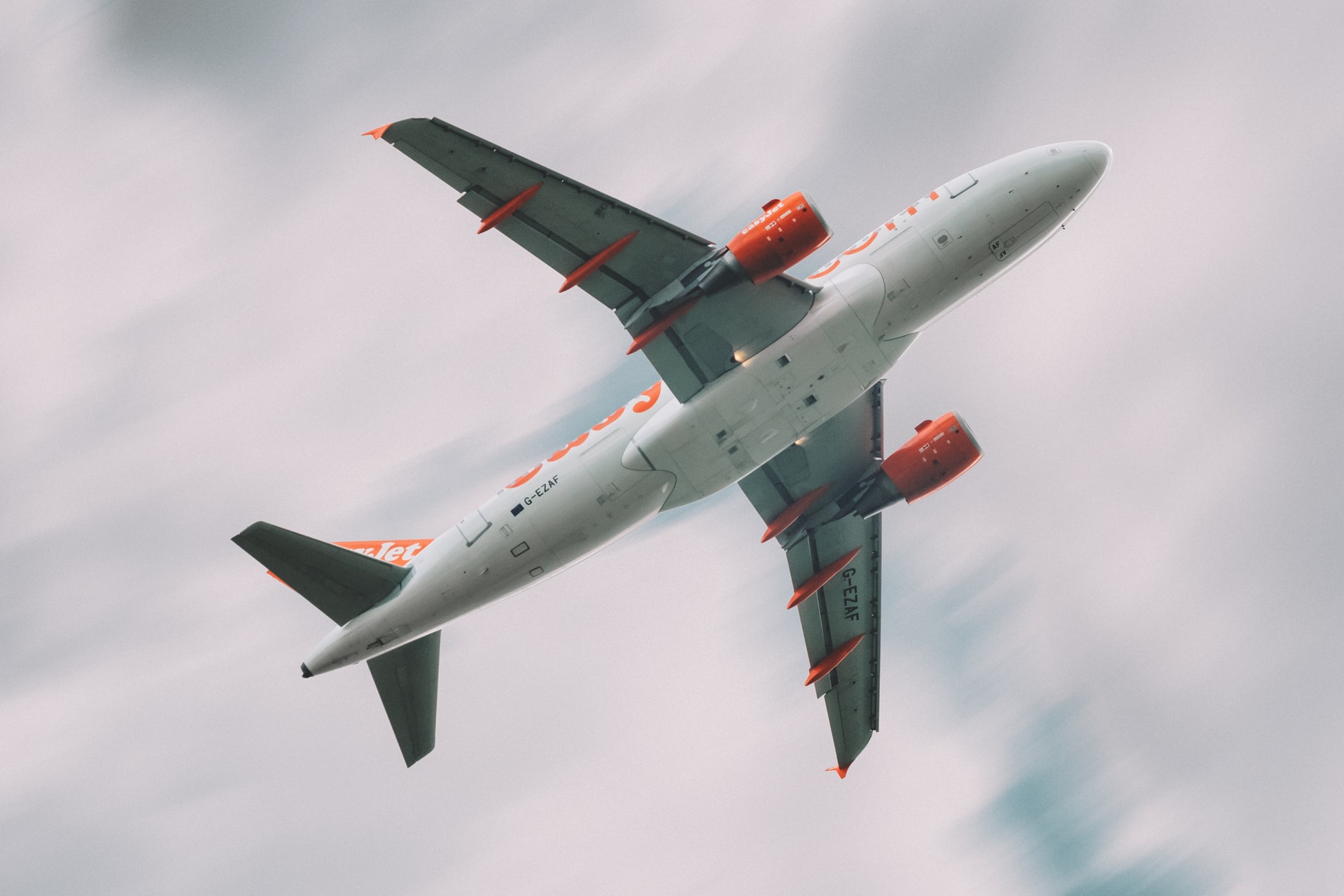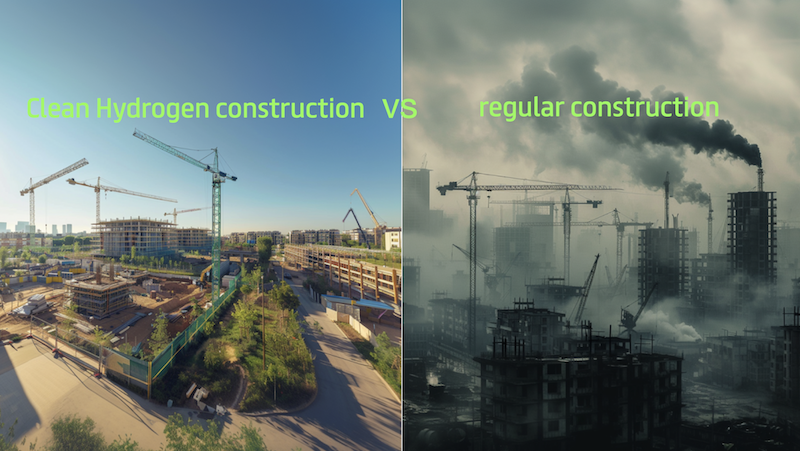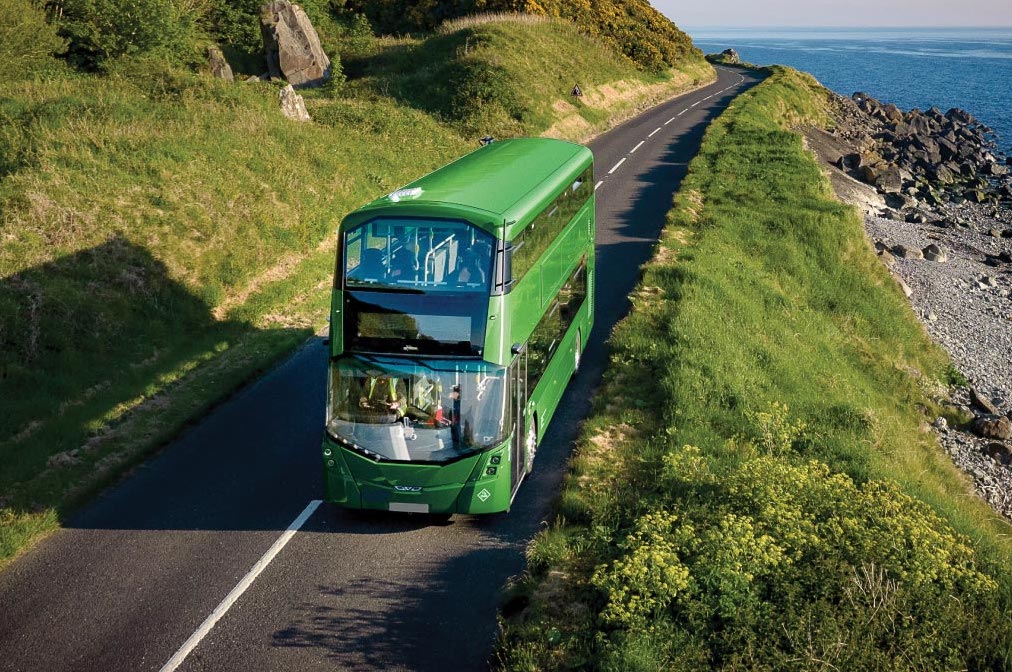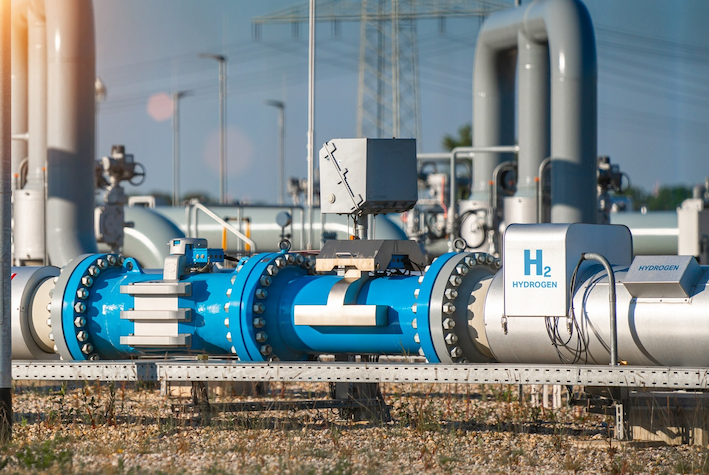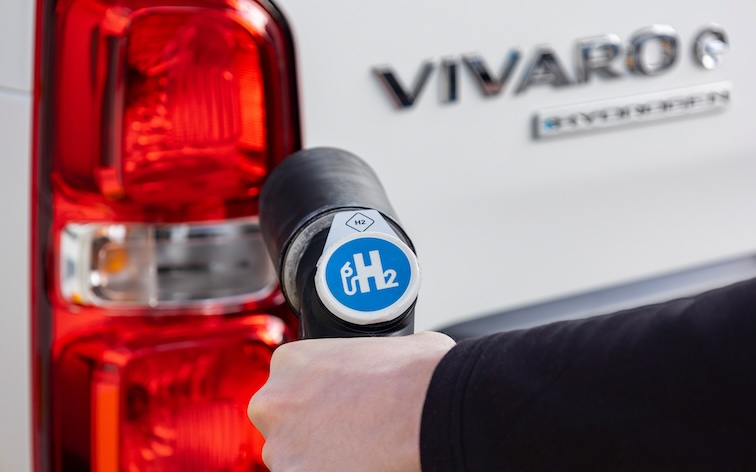Already one of the most forward-thinking airlines in Europe in terms of decarbonisation, easyJet has taken another step towards zero emission aviation through a partnership with Cranfield Aerospace Solutions (CAeS) to develop a hydrogen fuel cell propulsion system for commercial aircraft.
In 2019, easyJet became the first major global airline to offset the carbon emissions from all its flights. It followed that up In November 2021 by joining Race to Zero, a global UN-backed initiative in which signatories commit to achieving carbon neutrality by 2050 or earlier.
CAeS has been developing a hydrogen fuel cell system for an existing 9-seat Britten-Norman Islander aircraft, which it expects to get into the air by 2023. The involvement of easyJet will allow it to integrate the perspective of a major commercial carrier in its operational and technological design.
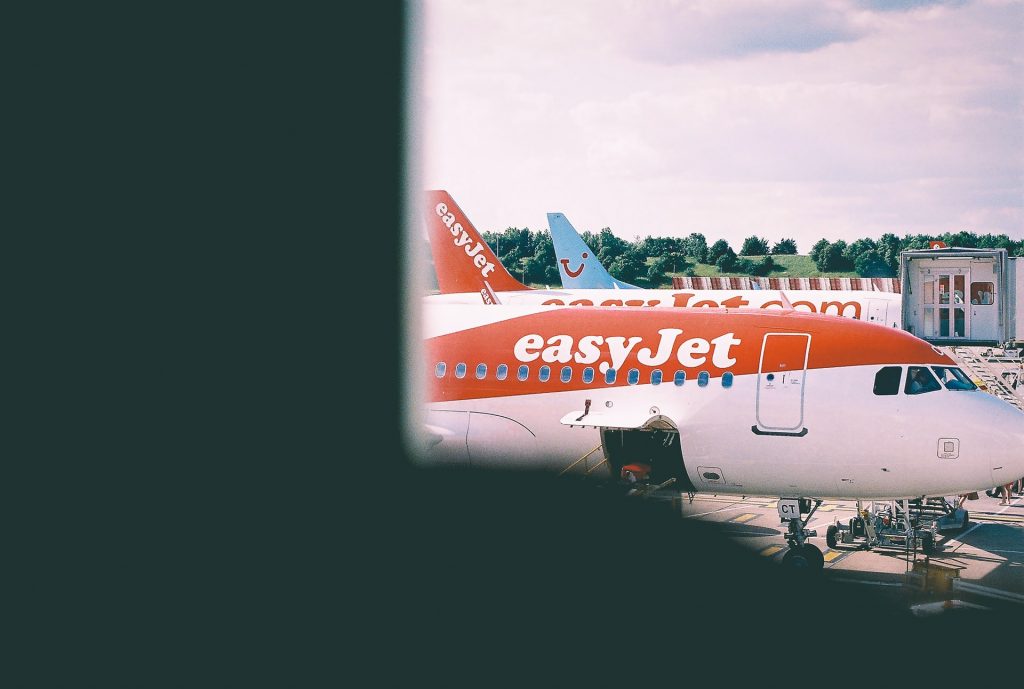
Hydrogen is high up on the agenda for airlines looking to decarbonise because of its high energy density relative to traditional aviation fuels and batteries.
“We know that technology is a key driver to achieve our decarbonisation targets with hydrogen propulsion a frontrunner for short-haul airlines like easyJet,” said easyJet Director of Flight Operations David Morgan. “easyJet remains absolutely committed to sustainable flying and towards a future with zero-emission flying.”
Hydrogen is high up on the agenda for airlines looking to decarbonise because of its high energy density relative to traditional aviation fuels and batteries.
ZeroAvia is developing a 24-seat hydrogen-powered aircraft that could begin commercial flights between London and Rotterdam in the Netherlands as early as 2024. ZeroAvia is also working with Alaska Air on the development of a hydrogen-electric powertrain for a 76-seater regional aircraft.
The world’s biggest plane makers are exploring hydrogen too. Airbus CEO Guillaume Faury said last year he expects it will have a hydrogen plane in service by 2035. “Hydrogen has an energy density three times that of kerosene – [technically it] is made for aviation,” he told reporters at the time.
However, powering flights with pure hydrogen fuel is likely to be limited to the short-haul sector for some time to come, according to Rolls-Royce, which produces jet engines for the likes of Airbus and rival Boeing.
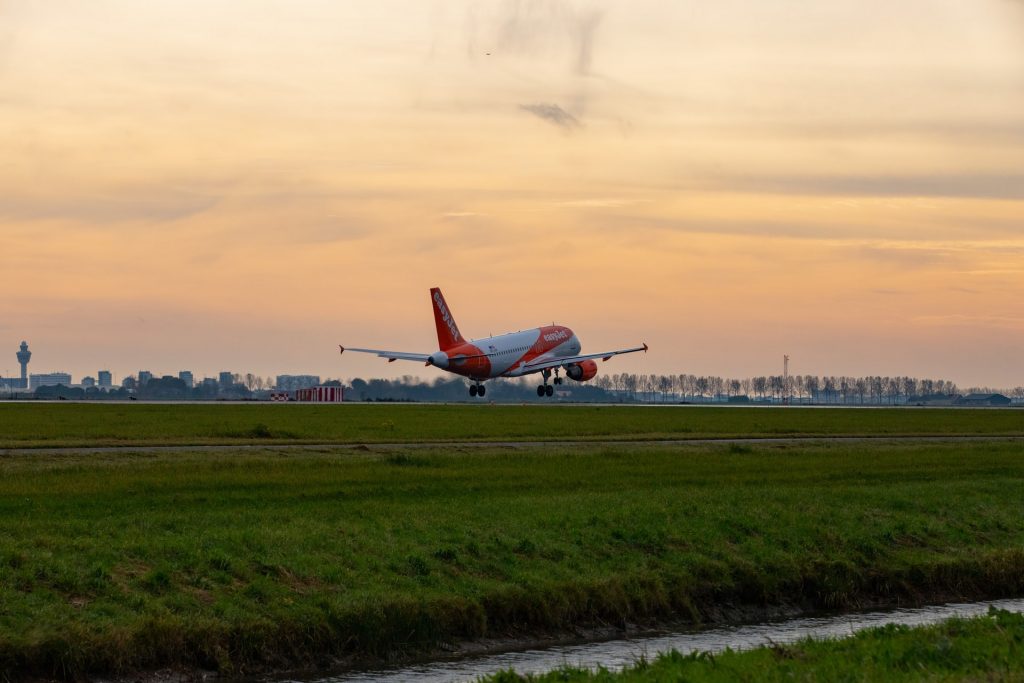
“Hydrogen propulsion is a frontrunner for short-haul airlines like easyJet,” said easyJet Director of Flight Operations David Morgan.
“For long-distance international travel the industry doesn’t see a technology solution that’s appropriate – other than synthetic aviation fuel,” Rolls-Royce CEO Warren East was quoted as saying in August, 2021.
The UK is also a pioneer in that technology. In November last year, the UK’s Royal Air Force (RAF) teamed up with Zero Petroleum to set a Guinness World Record for the first successful flight using only synthetic fuel made from hydrogen.
The plane, an Ikarus C42 two-seater, was powered by Zero Petroleum’s UL91 fuel, which is made by extracting hydrogen from water and carbon from atmospheric carbon dioxide. The creation of a synthetic fuel meant it could be used without any modification to the engine or the aircraft.
To learn more about Ryze Hydrogen click here.
